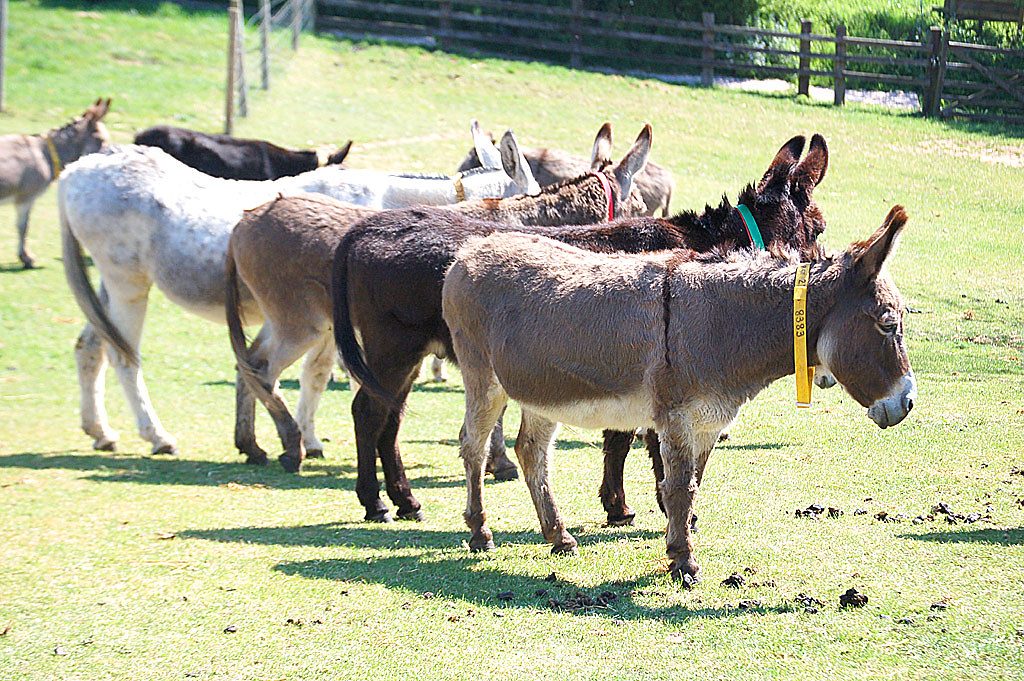ITV reports with crowds expected to flock to the coast for a ‘staycation’ this summer, the police and conservation experts are appealing for people to protect the wildlife and environment.
With uncertainly surrounding international holidays growing after Portugal was removed from the travel green list, more people are expected to opt to spend their summer here. It’s prompted police and groups such as the RSPB to ramp up their efforts to protest nesting birds and seals along the region’s coastline.
Andy Bloomfield, a conservation worker at Holkham said that it’s really important that people don’t try and get too close to the terns there as doing so can put the species at risk.

